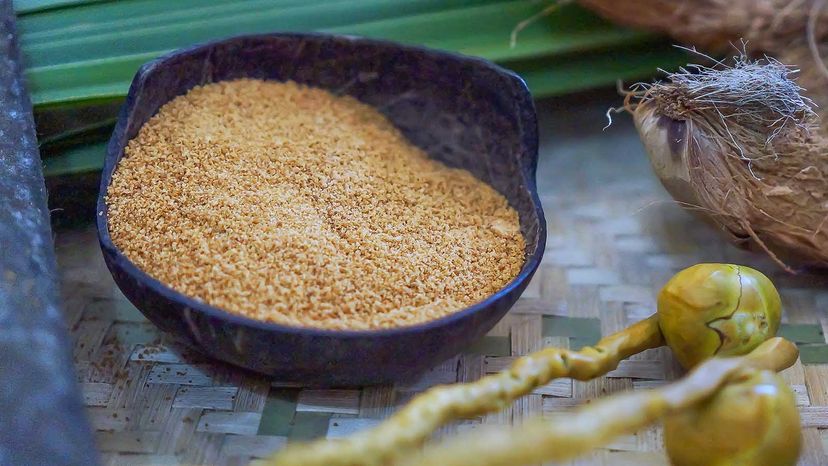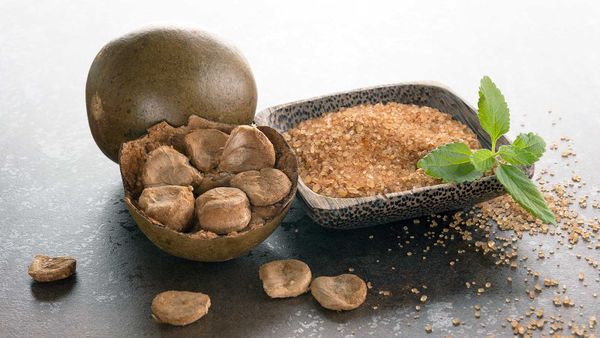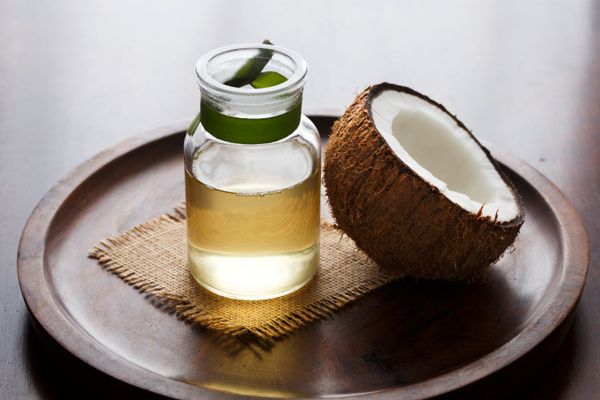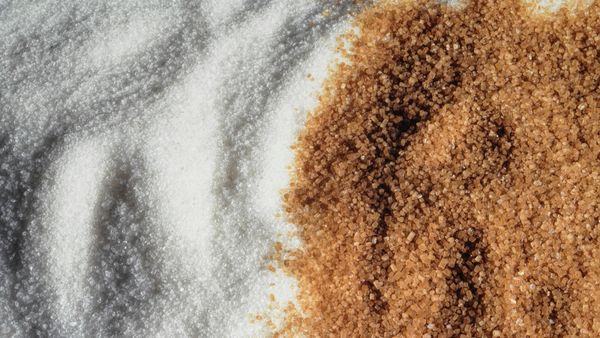Now there's coconut sugar and some people might think it could be the best option out there. But is it?
First, here's what it is: Coconut sugar is a palm sugar produced from the sap of the flower bud of the coconut palm, not from the coconut itself. It's made by boiling the flower's sap until it thickens and solidifies.
You can substitute it for regular white or brown sugar 1:1 in recipes, just beware that it may change the flavor and color of your foods.
Contrary to where you think this might be going, coconut sugar is not the best alternative if you're looking to avoid calories. One teaspoon contains 18 calories, which isn't much less than refined white sugar, which has 20 calories in 1 teaspoon.
As far as coconut sugar's glycemic load — that's how drastically a food makes your blood sugar rise and particularly important for someone who has diabetes — it's not so great compared to white sugar either. Coconut sugar can range between 50 and 54; that's roughly the same as that of refined white sugar, although depending on the manufacturer, it could be as low as 34.
And despite many coconut sugar manufacturers claiming the product is fructose free, it's definitely not. In fact, it typically has similar amounts of fructose as table sugar. That's because it's usually made with 70 to 80 percent sucrose and sucrose is half fructose.
What all of this means is eating coconut sugar has a lot of bad health consequences as eating any added sugar in excess.



